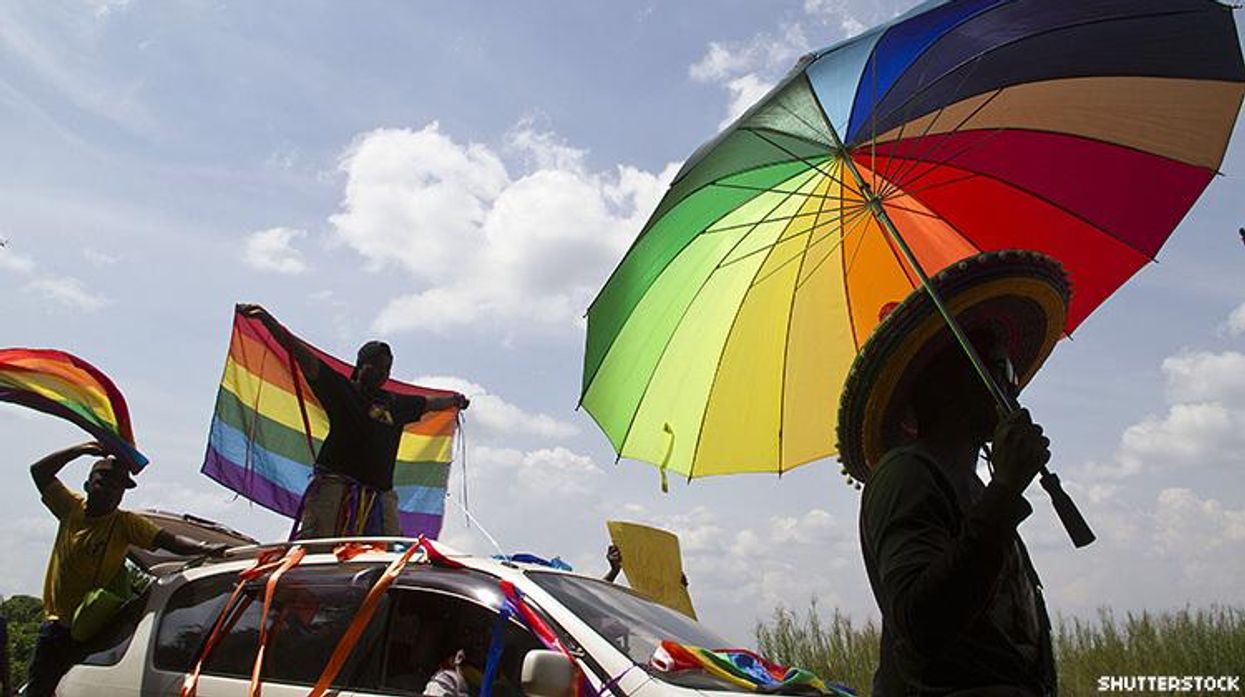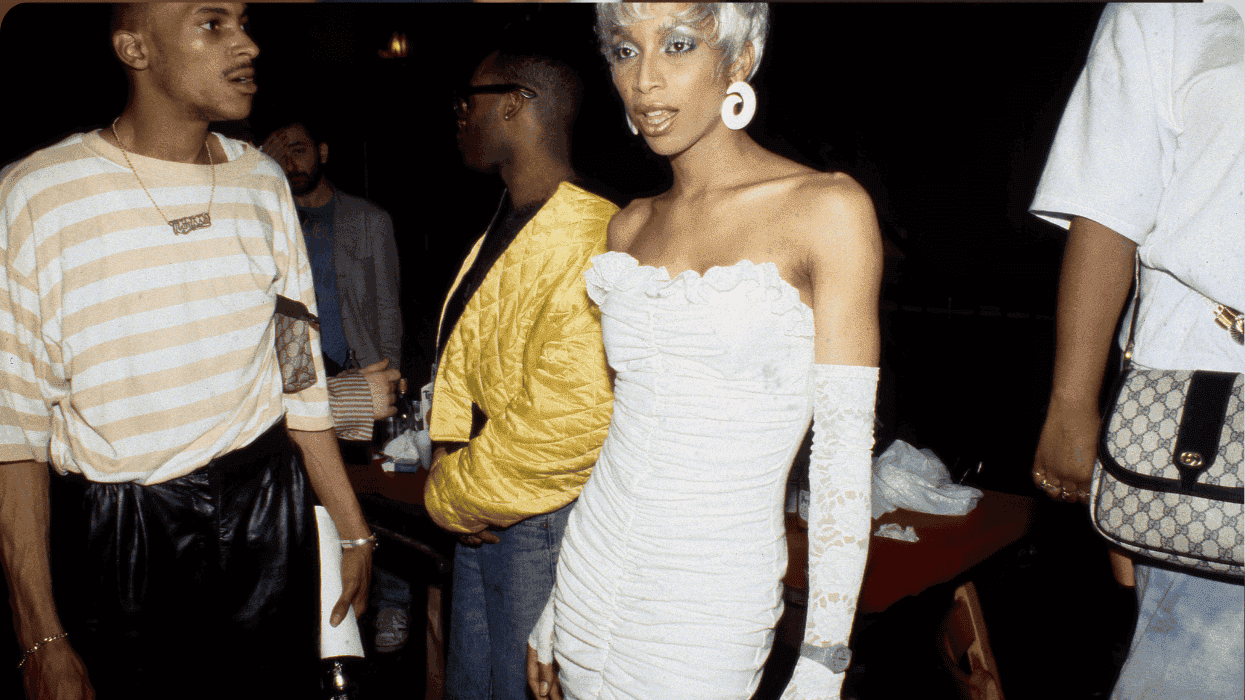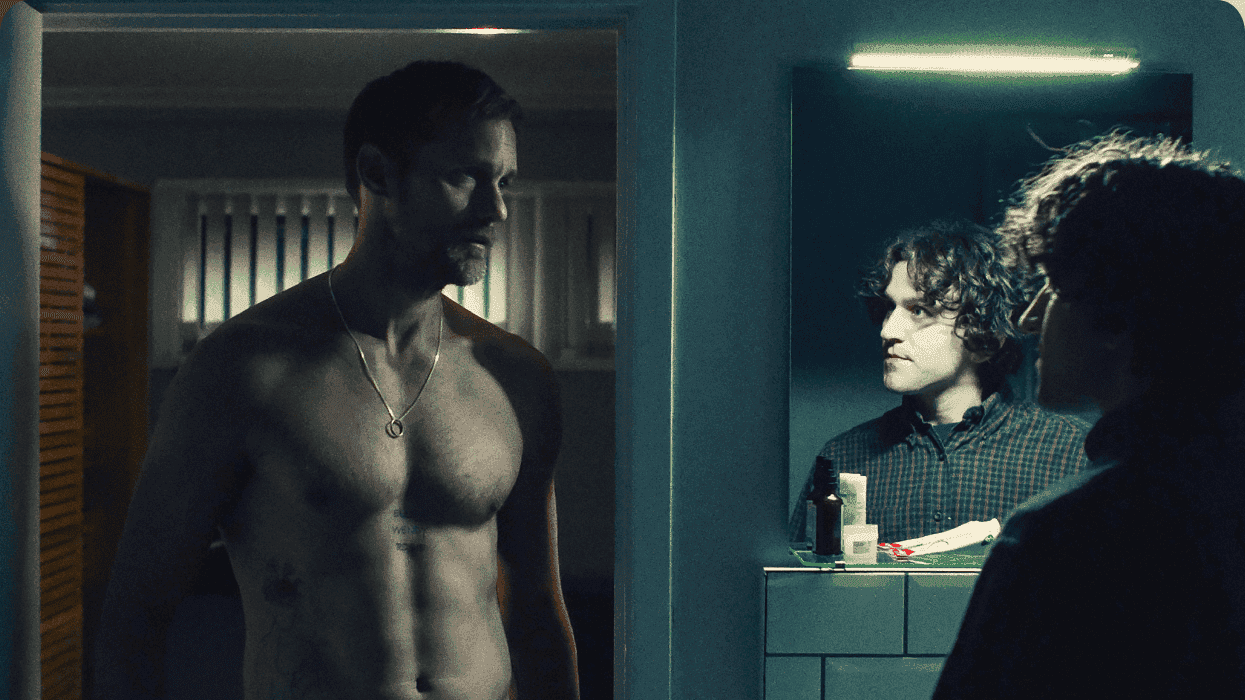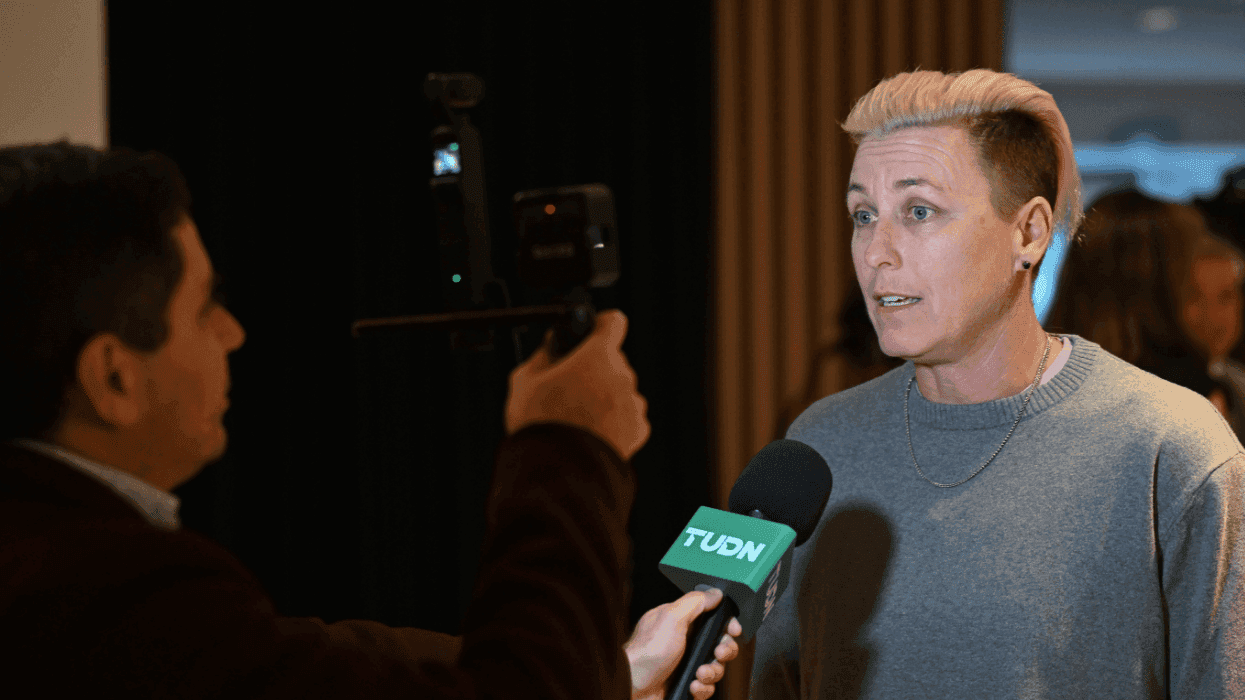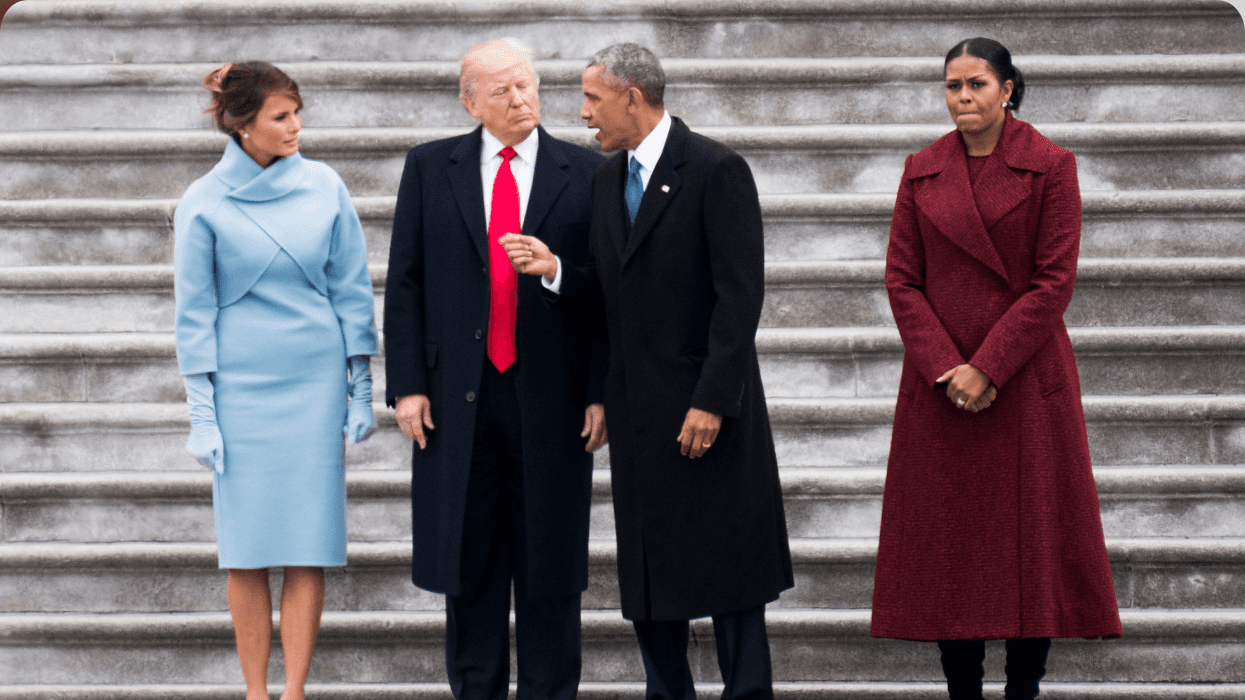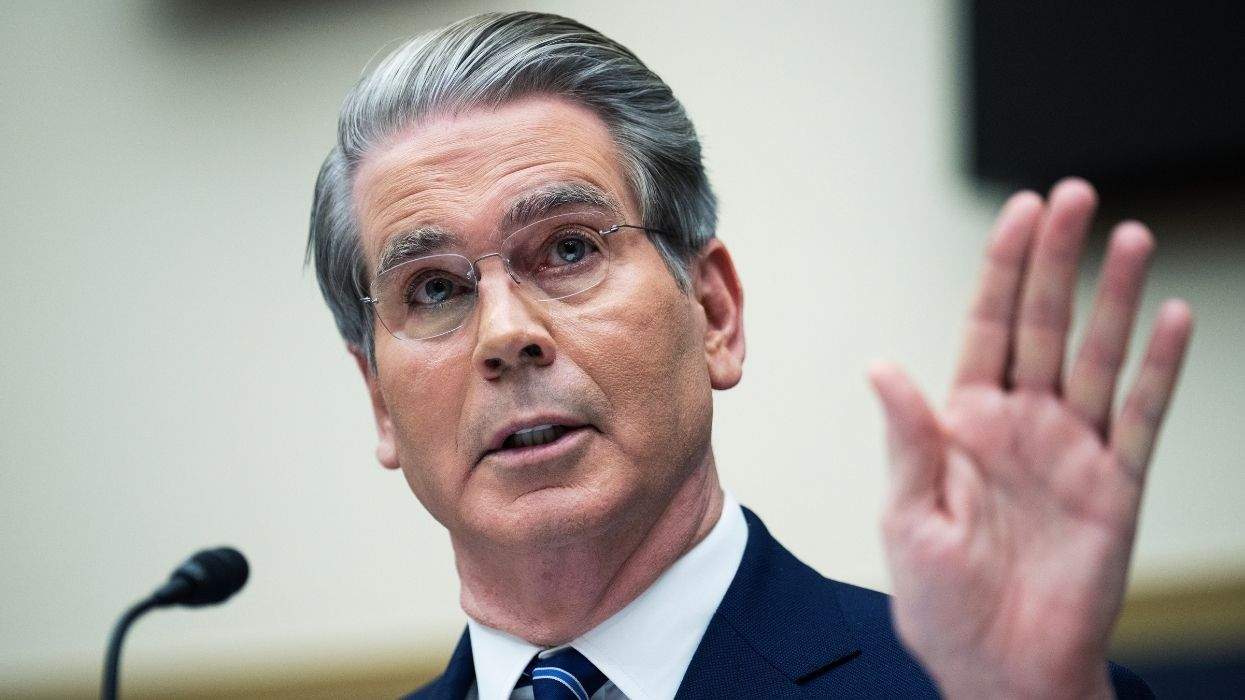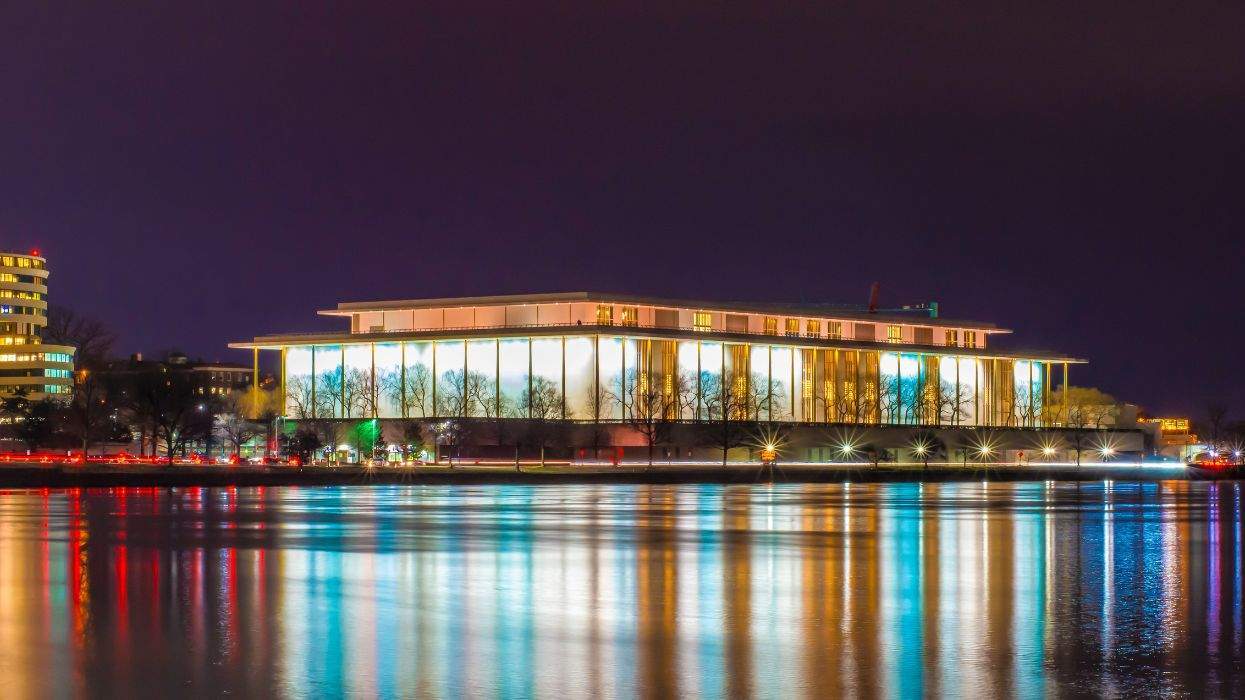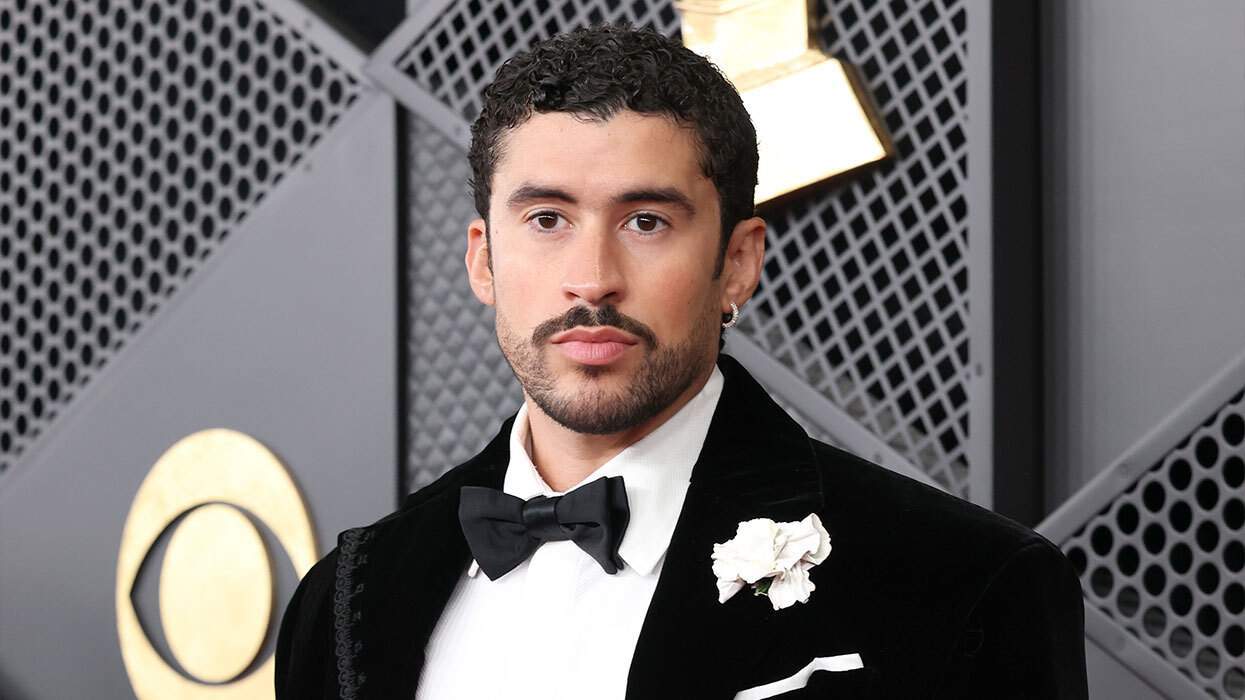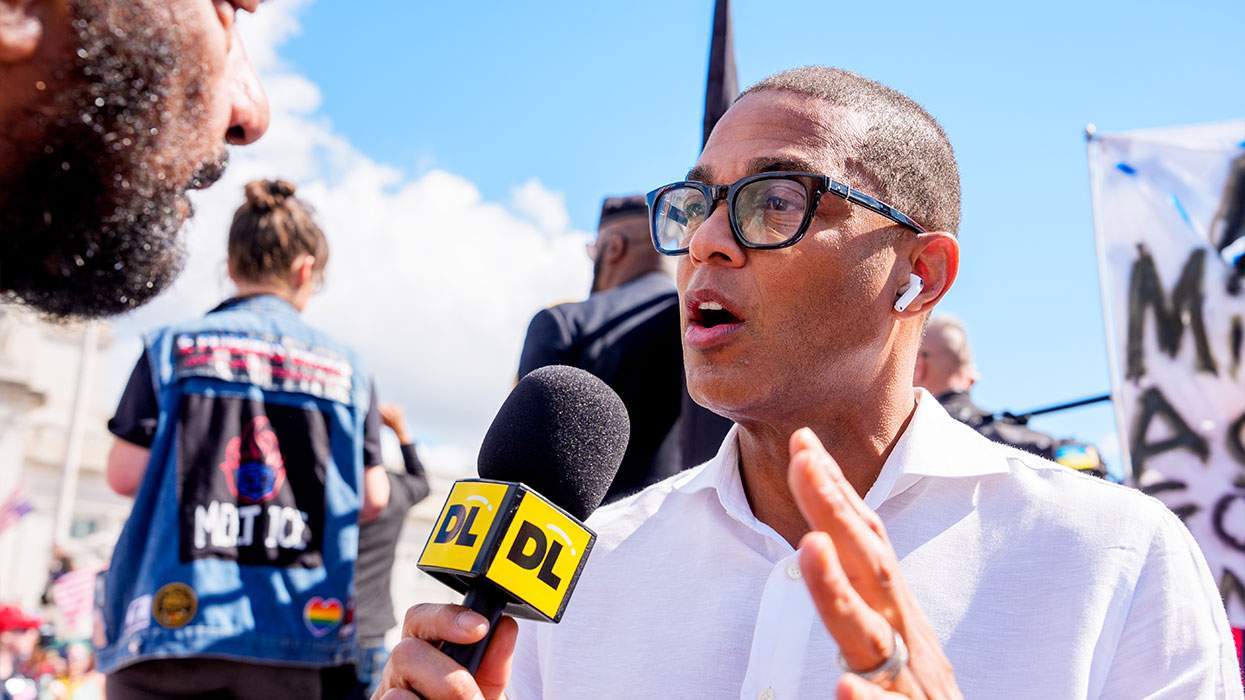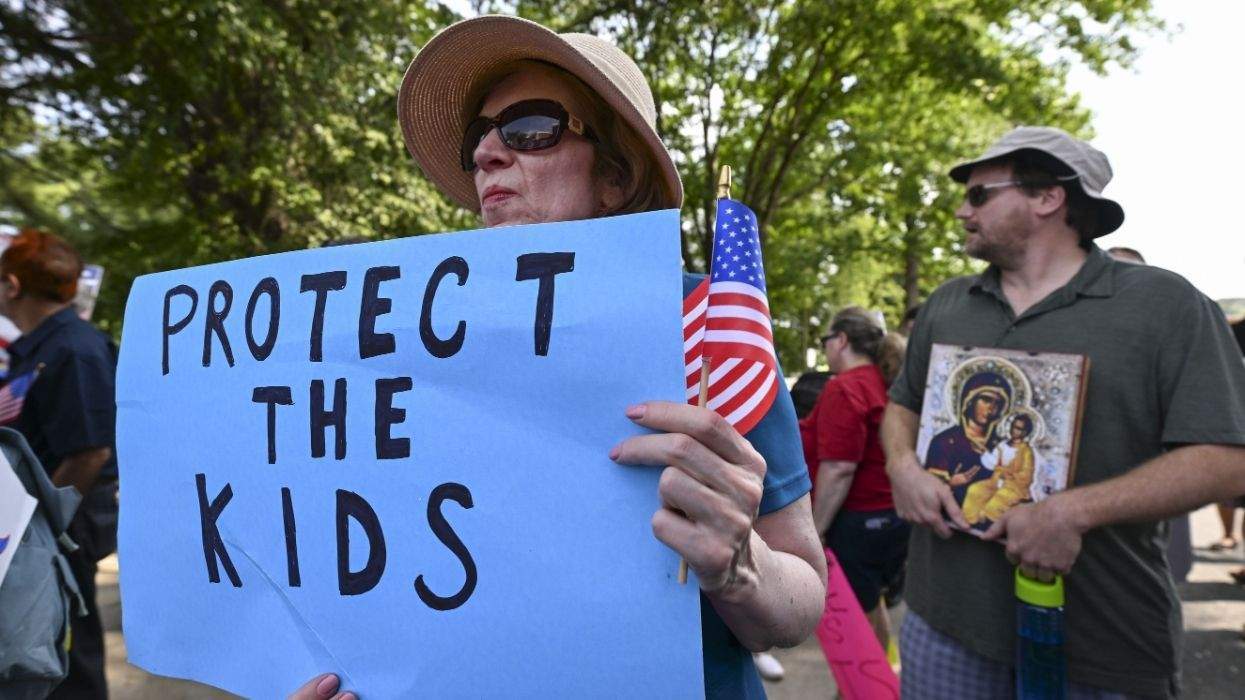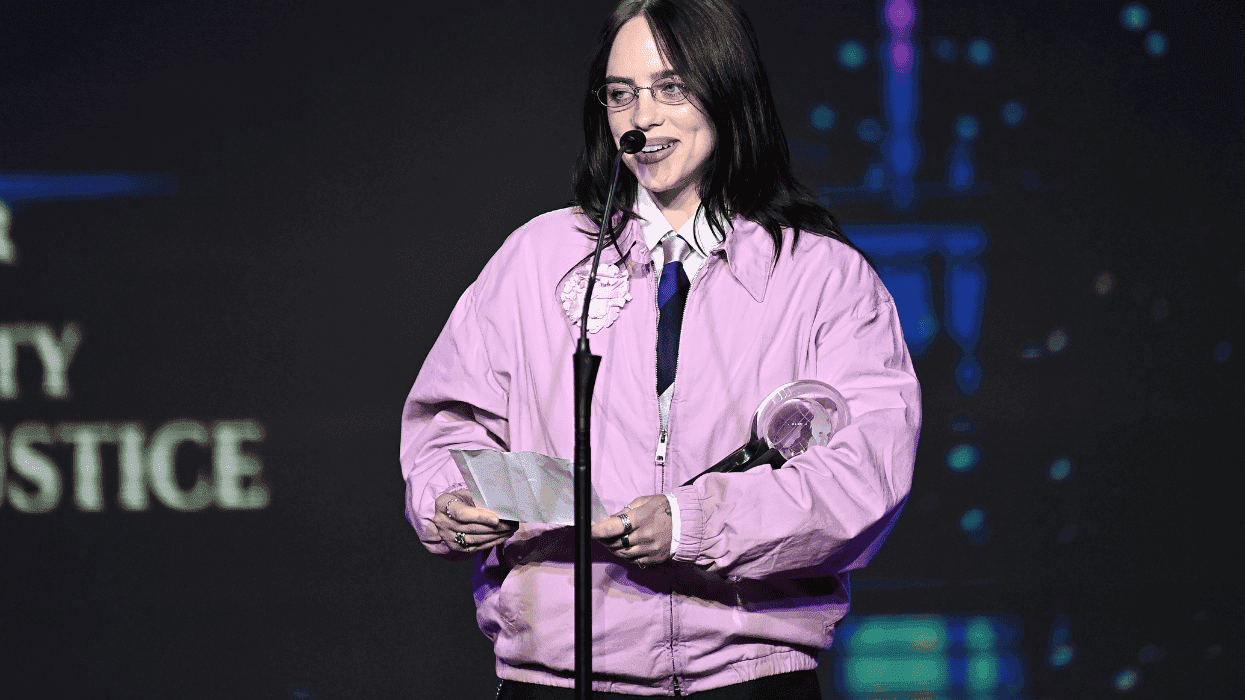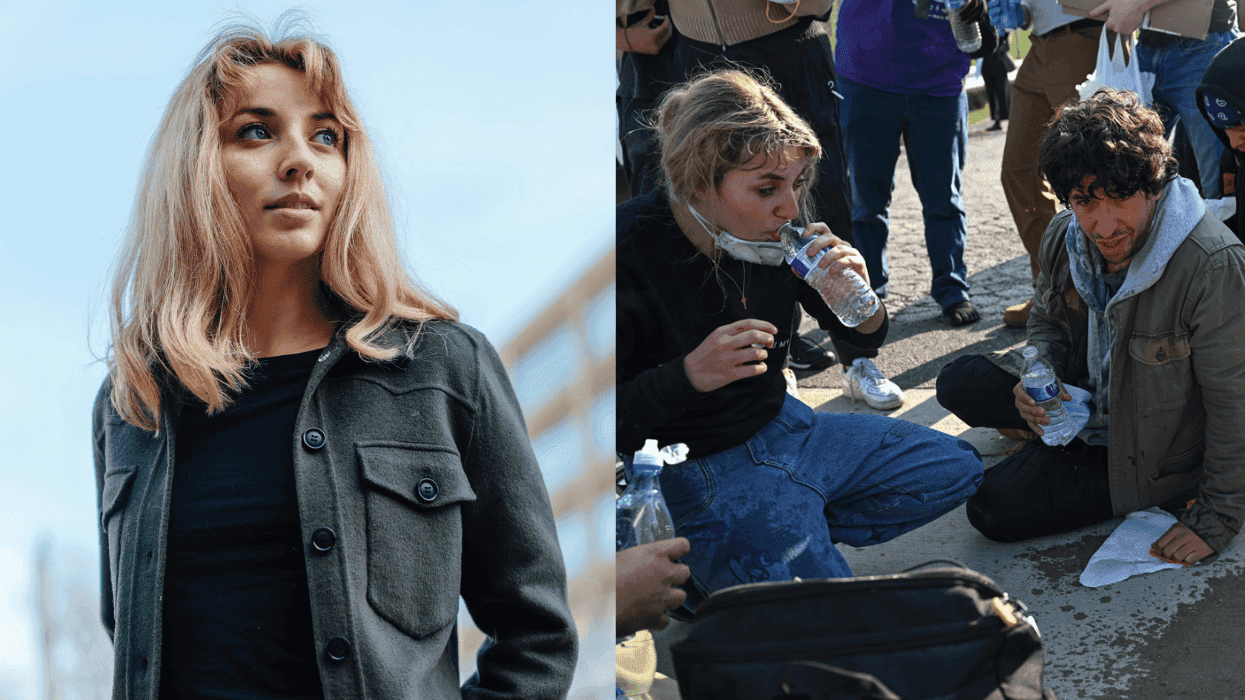The lower house of the legislature in the African nation of Gabon has passed a bill that decriminalizes homosexuality. The National Assembly voted 48 to 24 with 25 abstentions in favor of the proposed law, reversing an earlier 2019 law that criminalizes sexual relations between persons of the same gender. The proposed law must still win the approval of both the upper house and president, and the news is tempered by the fact the country has no law forbidding discrimination against LGBTQ+ persons.
Sylvia Bongo, the French-born wife of President Ali Bongo Ondimba, hailed the move as a "restoring a fundamental human right for its citizens: that of loving, freely, without being condemned" following news of the vote.
The move is encouraging for this country nestled on the coast of the Atlantic Ocean, but Gabon still has no laws protecting LGBTQ+ persons against discrimination. In part this can be traced to the religious makeup of the country. CIA Factbook reports that over 42 percent of the country identify as Roman Catholic, and another 39.7 percent identify as Christian. So while the nation's First Lady may see the move as a progressive step forward, other more conservative politicians and citizens see the move as a threat to their cultural traditions.
"Forty-eight lawmakers have shaken an entire nation and its customs and traditions," one member of parliament who voted against the revision told Reuters.
Gabon is a presidential republic, with an upper and lower house of congress. It gained its independence from France in 1960. The political landscape of Gabon has been dominated for over 50 years by the Bongo family. El Hadj Oma Bongo Ondimba, father of the current president, was first elected in 1967 and served until his death in 2009. He created a multi-party system as well as a new constitution in the early 1990s. His son took office following the death of his father, and has served uninterrupted as president since his passing.
The most recent election victory in 2016 was marred when evidence of fraud was discovered by international election observers. The country's constitutional court reviewed the evidence, but ruled in favor of Bongo. His current term ends in 2023.
There is no word from President Bongo indicating he will sign the bill if passed by the upper house, but the public messages from his wife are encouraging.
"Yes to dignity, no to hate," she tweeted.


